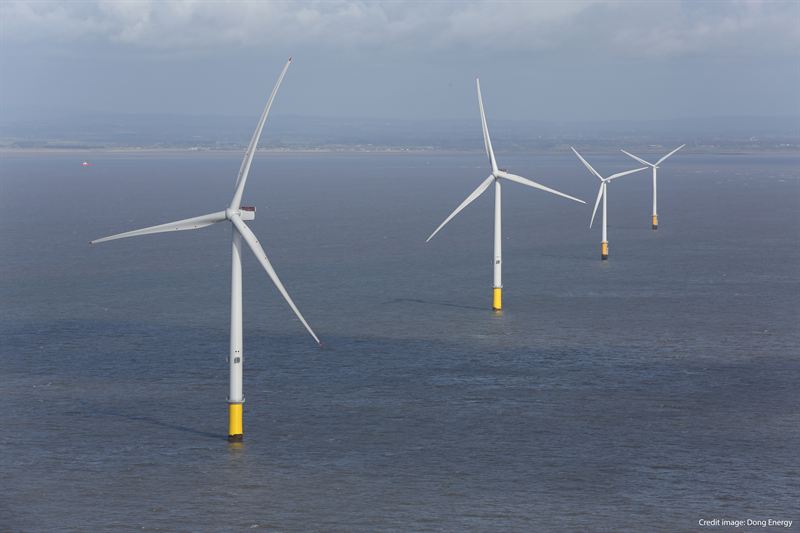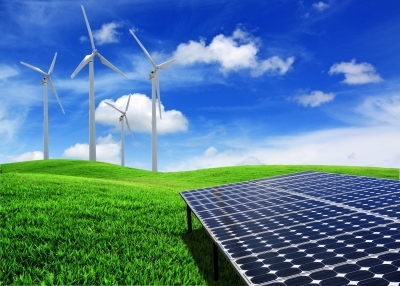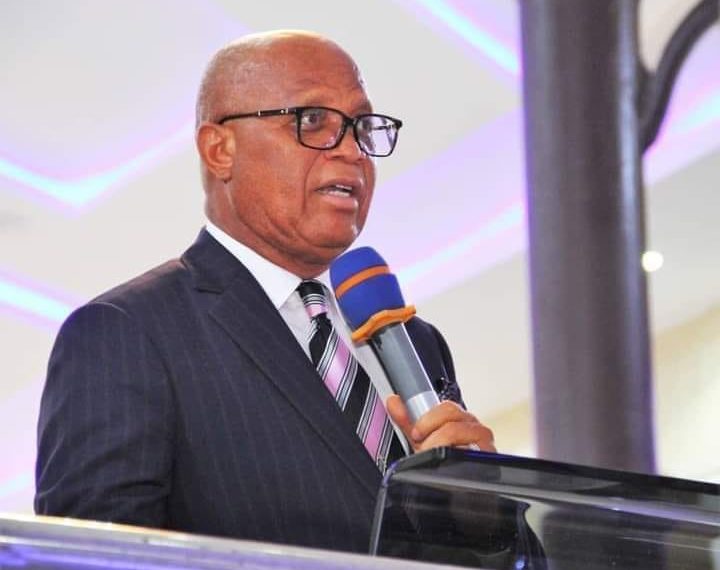
04 February 2017, Kampala — The Africa Development Bank (ADB) has given a grant of $1m (about Shs3.5b) to Earth Energy Limited to develop a 20 MW Biomass power plant in northern Uganda in order to mitigate climate change due to deforestation.
Currently, climate change is fundamentally a development issue which is threatening to worsen poverty and hurt economic growth if governments and development finance institutions do not take proactive approaches to mitigate it.
Speaking during the signing of the grant in Kampala on Monday, the ADB resident representative in Uganda, Mr Jeremiah Mutonga, said there is need to mitigate the climatic change in the country by use of renewable energy sources because it helps to reduce deforestation activities.
“Promoting renewables means providing secure and clean energy supply while supporting economic growth and economic development at large without destroying the environment like deforestation which is causing rapid climatic change being experienced at the moment in Uganda,” he said.
Mr Mutonga said ADB does not only work with government but also with the private sector to support their development projects which are beneficial the economy and the communities.
Talking about the grant, he said its purpose is to finance certain expenditure required to support the development process of the construction and operation of a 20 MW baseload biomass power plant.
He added that the expenditures consist of the development of an environment and social impact assessment, the development of a technical feasibility study which includes a full feasibility study, a biomass feasibility and feedstock Study, a detailed engineering design study and a power evaluation study.
“The grant will also finance project management activities such as the recruitment of a procurement specialist and the audit of the grant use,” he said.
Project cost
The head of Earth Energy Limited, Mr James Orima, said the development of the project will take 18 months, at a cost of $50m (Shs180b) to $70m (Shs250b) and will cover most districts in northern Uganda.
“This project is timely and very important because when completed it is going to provide a renewable energy source to local people in the northern Uganda; it will not only provide renewable energy but it will also create employment opportunities for the people in the region,” he said.
Mr Orima said Uganda relies heavily on hydroelectricity power which is being affected by the climatic change because it uses water sources which at times dry up during the dry season thus affecting power generation.
“It is time come to up with an alternative energy source which is cheap and reliable, this plant is going to use plant reeds from groundnuts, maize and other plants to generate power,” he said.
Mr Orima said the plant is going to support the irrigation systems in the region because the plant will provide the energy needed to pump water required for an irrigation system.
18
The number of months the project will take to be completed.
*Martin Luther Oketch – The Monitor



